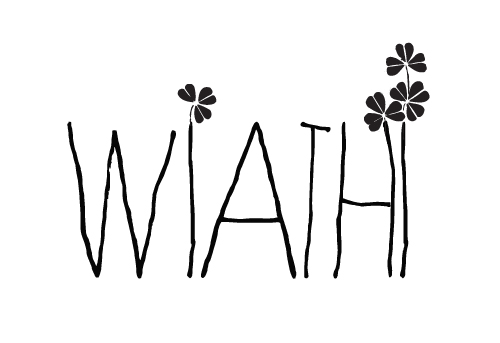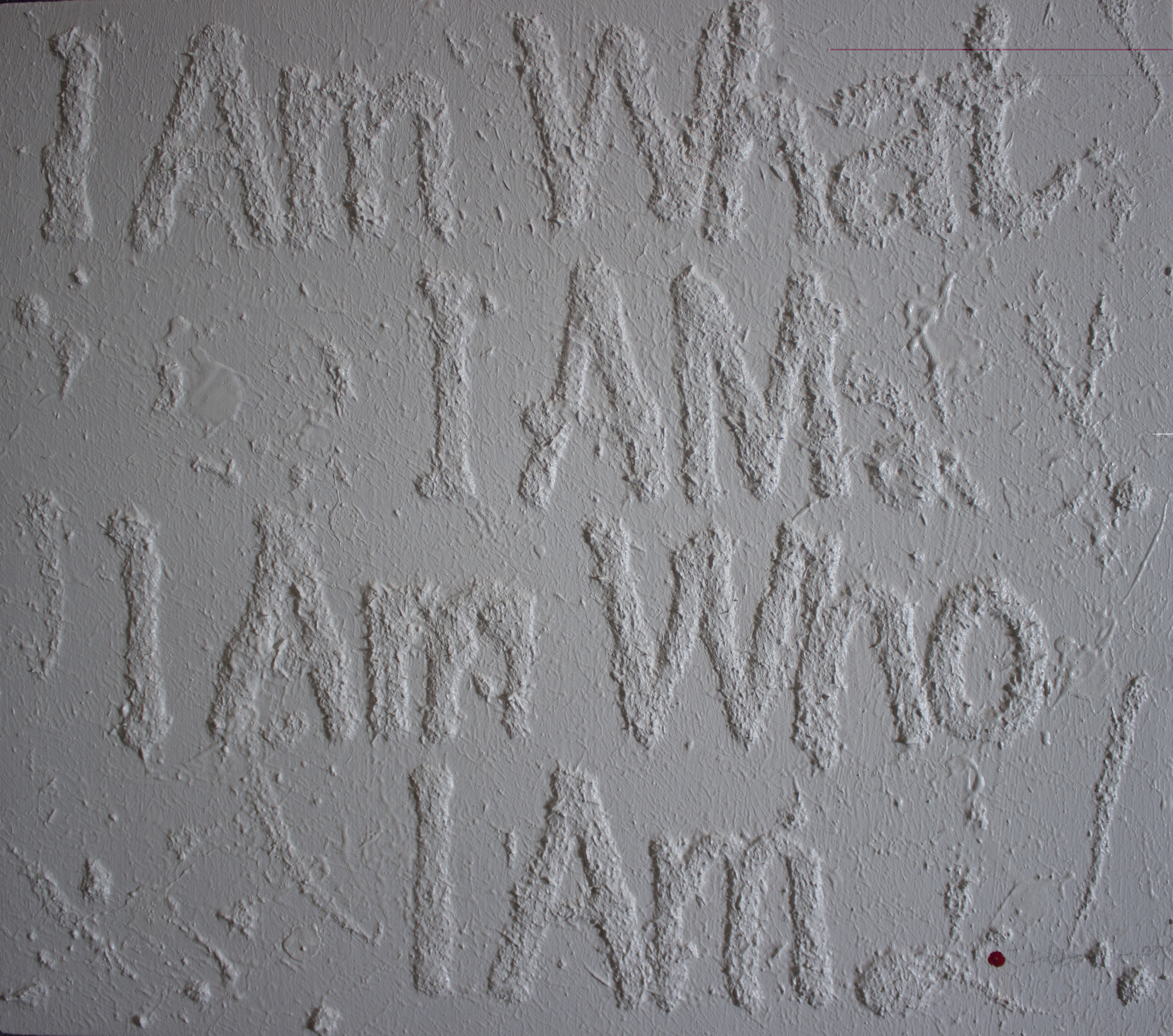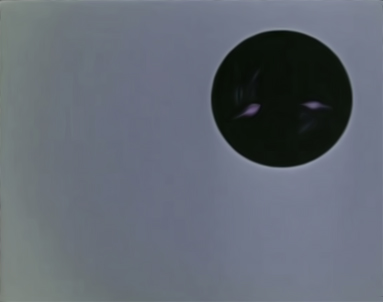Reading the U.S. Torture Footnotes
How might we understand mourning, when the event has yet to end? When the injuries not only perdure, but are inflicted anew?—Saidiya Hartman

Following September 11, 2001, I returned to Edmond Jabès. At an earlier period, he had provided me with the language of the void, the necessity of the scream: “What is the story of the book?” “Becoming aware of a scream.” An attack on U.S. soil, as the headlines screamed, threatened all those aliens—legal and illegal—present in the U.S. A Kenyan friend had to escort her brown colleagues in upstart New York to the supermarket. My university sent concerned emails to all international students: to have an un-American name or accent was newly dangerous. “Our ties to beings and things are so fragile they often break without noticing.” I needed Jabès to map a social that was rapidly changing: I started watching congress proceedings on TV. I parsed political speeches for the words “American citizen” and “American soil,” for the protections… Read More...








